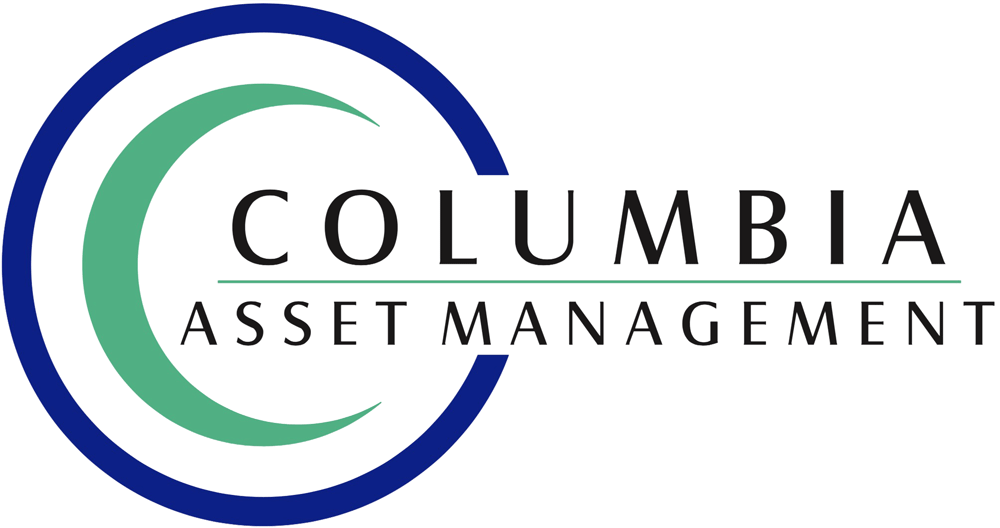
And Then There Was One?
2023’s strong stock market returns were primarily fueled by the Magnificent Seven – Apple, Alphabet (Google), Amazon, Meta, Microsoft, Nvidia and Tesla. If you didn’t hold a sizable amount of those seven stocks, you likely trailed the S&P 500 (of course, the opposite was true in 2022 when the market was down).
2024, so far, has narrowed ‘the Seven’ to even fewer and arguably to basically one stand-out: Nvidia. Starting the year as one of the largest stocks in the world (by market value), it was up about 150% in the first half of 2024, thus dominating the S&P 500 and Nasdaq performance. Nvidia alone was responsible for about 30% of the S&P 500’s 6-month return. The S&P 1!
In contrast, the S&P 500 equal-weighted performance (where every one of the 500 stocks is weighted equally instead of weighted by market value) was up only about a third of the S&P 500’s return.
I hesitate to strongly endorse Nvidia as an investment at this point as speculation and momentum in its stock price are heavy and hard to fully understand. Can it keep growing as it has? Will the law of large numbers finally kick in and the law of diminishing returns tame Nvidia’s growth arc? At some point the answer is certainly ‘yes’; ‘when’ is the better, and harder, question to answer.
AI: Investment Themes Beware
AI is clearly the investment buzz of the moment, similar to (and likely even greater than) blockchain, cryptocurrency, cannabis and 3D printing investment manias of the recent past. Consider that nowadays there are few headlines (or even stories for that matter) about blockchain, 3D printing and cannabis. It’s not because those things have gone away; instead, it’s just that the investment excitement generated by them has waned to various degrees. Their economic impacts have generally not lived up to frothy expectations and thus the outsized investment returns have wavered or reversed.
At some point, this same effect will likely also hit AI. It’s definitely not that AI will go away (3D printing is still a growing industry, it’s just growing more slowly than expected when it was the talk of the investment world).
AI will need to show it’s truly revolutionary, and ultimately very profitable to users, for the AI investment promise to pan out once the initial excitement wears off. The old adage ‘buy on the rumor, sell on the news’ may very well apply to AI as well. If so, and if AI fails to result in outsized near-term profits by the end users (not Nvidia which is a provider of AI infrastructure), then AI will recede a bit, both as a news story but also a source for large investment gains, at least for now.
AI – Both Real and Overblown
Most companies, even those that are far from the tech world, seem to be talking about how AI will positively impact their businesses and bottom lines. That said, there have been articles lately addressing how many CEO’s believe in and are excited about AI and how it will impact their businesses, but they’re often not sure as to ‘how’ that will happen. There’s currently a disconnect between general AI excitement and the specifics as to how it will actually generate or save companies a lot of money. To date, the money being spent to ramp up corporate AI (why Nvidia and other infrastructure providers are doing so well) has yet to translate into strong ROI for companies spending on AI. At some point that will have to change for AI to keep ramping up to the heavens.
Private Equity
The investment world has long thrown the words ‘private equity’ (PE) around with a sense of excitement, outsized opportunity and reverence. That may be changing as recent reports suggest major institutions, including pension funds and university endowments, are starting to reduce their exposure to these categories. Why?
One, an obvious issue with private equity is how it’s valued. If you own a house, when you pull into the driveway you don’t see the current market value of the house in neon numbers on the roof, right? This, in theory, makes you a long-term investor (ceteris paribus – all else being equal). The same is true for private equity – since pricing is not updated daily like it is for the stock (and even bond) markets, human traits of myopia and impatience don’t infiltrate our thinking.
Previously out-performing PE has slowed and the ‘hot money’ appears to be moving on. I would argue that even when private equity was generally outperforming publicly traded equities that PE’s valuations tended to be somewhat self-serving, at least to the degree latitude in valuations were possible.
PE also tends to be much less liquid. You can sell shares of your publicly traded companies any time on any day the markets are open. Not so with private equity. Oft-times there are only small windows to cash out and those windows are usually determined by the PE company, not the investor. Further, with PE it’s hard to know exactly what you own as investment transparency is typically lower.
They won’t readily admit it, but PE often buys businesses with the idea of flipping them relatively quickly for a nice profit – often at the expense of employees of the firms they buy and sell. They often load up the company with debt, reducing the strength, flexibility and viability of the acquired companies going forward.
PE often looks for hot markets to invest in. Sports is a current one – the buying of teams, facilities and even portions of leagues has been on their radars. Perhaps these will be good investments but it seems PE firms are buying at a premium as sports seems very hyped right now and prices have vaulted higher.
It’s not hard to imagine that the Type-A, often young and middle-aged partners at PE firms don’t also just like the excitement of buying into sport teams with others’ money. Caveat emptor!
Nike 20% Off…and More!
On the last trading day of the 2nd quarter, Nike’s stock fell 20% due to a ‘disappointing’ earnings announcement and forecast. It’s very hard to believe that the value of Nike as a company was 20% lower based on this new information. The markets are theoretically efficient (thus reflecting all known information) but big and sudden moves like this with established, very stable and solid companies suggest that there are times when prices and markets are not efficient. To me, this price fall is an opportunity!
Brian Weisman, CFA,CPA,CFP,CMA
(734)665-1454
brian@columbiaasset.com

 Human Nature & the Choices We Make
Human Nature & the Choices We Make